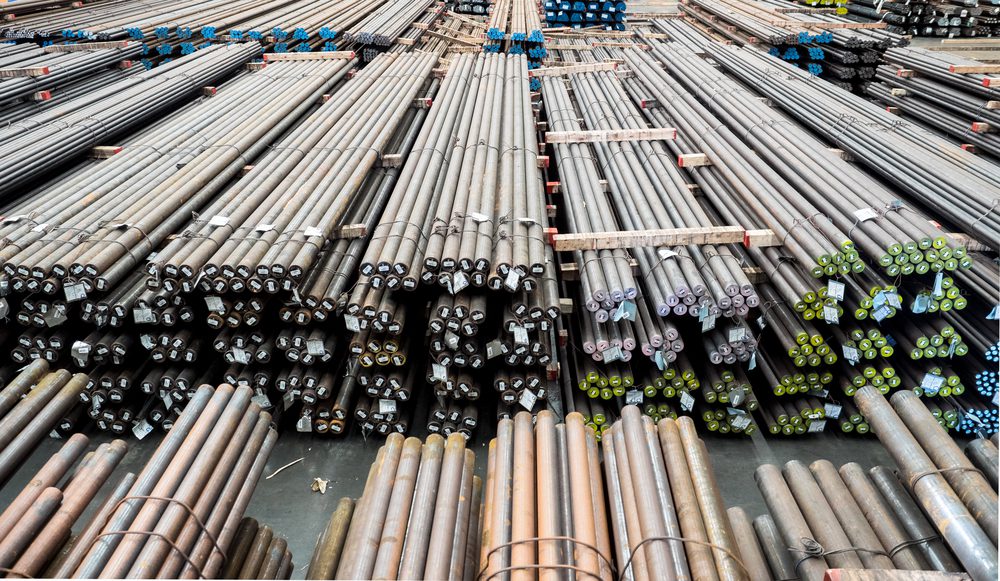
A new EU policy to impose carbon taxes on imported products is meeting resistance from the Global South as a new study shows that the new policy could cost the African economy $25 billion in lost annual revenue—roughly four times what the EU gives Africa in developmental aid.
The Carbon Border Adjusted Mechanism (CBAM) will come into effect in October and impose tariffs, over the next three years, on energy-intensive goods based on the amount of carbon dioxide emitted in production.
The mechanism aims to encourage non-EU countries to adopt more ambitious climate policies and reduce their carbon emissions but has been blasted by many policy experts and non-European governments as representing a cheap form of climate protectionism that will disproportionately impact poorer regions of the world.
While not yet fully implemented, the CBAM has provoked warnings of a trade war from India. Indian trade representatives said that the policy of carbon tariffs would cripple the import of Indian building materials—including cement and steel—into Europe, and could violate World Trade Organization rules.
Now, multiple African countries, led by South Africa, are lobbying the European Commission at the last minute, describing how the CBAM transfers “the burden of climate action onto developing economies” and could have “unintended consequences” regarding the African continent as the EU attempts to make its green transition.
The South African lobby document also describes that exports to the EU, particularly aluminium and steel, could decline by 4% and that Brussels should remember the critical role South Africa could play in the supply of rare earth materials going forward. South Africa is joined by Brazilian steel lobbyists who say that the CBAM amounts to a “protectionist bias” against non-European producers.
Professor David Luke with the London School of Economics outlines the potential effects of the CBAM on trade with China. African nations, such as Mozambique, could increase their exports to China due to the new tariff barrier around Europe. The CBAM, for now,applies mainly to heavy industrial products as well as fertiliser but will expand after 2026 to include potentially normal consumer products.
The implementation of the CBAM comes at a time of major flux for European relations in the Global South, where traditional Western hegemony is being challenged by the rise of alternative powers, such as China, as well as a battle for influence between Russia and the West in Africa.
The subject of the CBAM may be discussed as European and Latin American leaders sit down in Brussels this week for a second attempt at securing the Mercosur free trade agreement, as Brazil in particular shows a willingness to stand up to Western demands on Ukraine and green policy.
